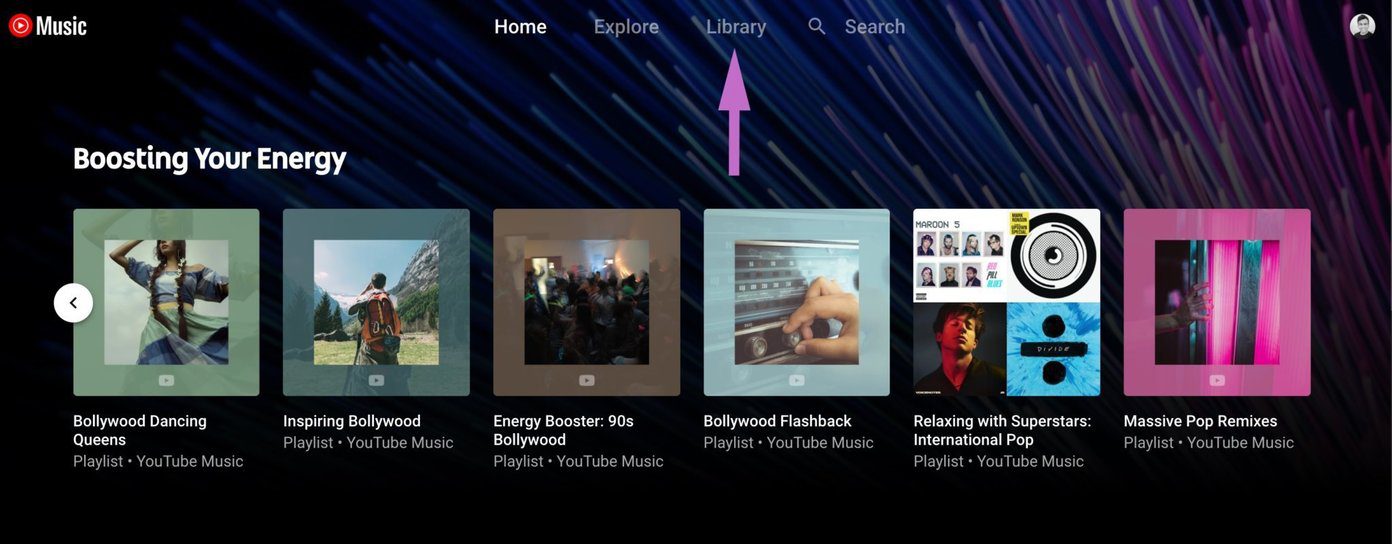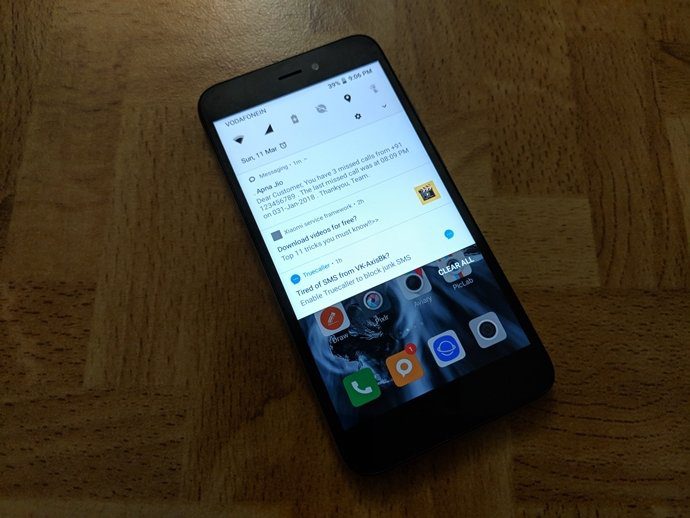Office documents , namely, Word, Excel and PowerPoint. Surprisingly, Microsoft has announced that it will bring the popular productivity suite to iOS devices sometime next year. However, there are a few excellent alternatives in the App Store that we have showed you already, like Google Drive and Dropbox. Even so, what these apps offer are more like workarounds and not a direct way to interact with your Office documents. Thankfully though, CloudOn solves that with an app that allows you to access, create and edit all your Office documents on the go, and does so while integrating with other services so everything is kept up to date. Here’s is a quick look at how CloudOn works. Upon opening the app you will be greeted with a short, but useful demo showcasing the app’s most important features. Once within the app, you are presented with your accounts’ panel, where you can access all of your documents from some of the most important online services, including Dropbox, Google Drive, Box and SkyDrive. Once you start navigating each of the services within the app (Dropbox in this case), you will feel right at home with the interface, since CloudOn follows how files are organized on each of them. Note: While CloudOn is powerful enough to handle most Office documents, I found it odd that it wouldn’t recognize some simple .TXT files. Of course, CloudOn is not about opening simple text files, so I immediately tried it out with some quite heavy Excel spreadsheets and Word documents. Working with spreadsheets on CloudOn turned out to be like walking with shoes among dunes, which means that it was mostly pleasant but with a few annoyances here and there. On the positive side, CloudOn had no trouble opening even the most data-heavy spreadsheets that I threw at it. However, scrolling through them brought memories of some of the worst web apps that I’ve tried on the iPhone. I have an iPhone 4S, which is no slouch but still, navigating through my spreadsheets felt slow. CloudOn almost instantly makes up for it however, with the variety of editing options that it offers for you to tweak and work with your spreadsheets. It doesn’t offer the full array of Microsoft Excel’s editing tools but what was there worked well and was far more than anyone editing spreadsheets from a smartphone should need. The experience while working with Word documents was slightly better, with my documents not lagging that much when scrolling through them and with the variety of editing tools offered being on par with what was offered for spreadsheets. Syncing also worked as expected, with every edit that I made on my documents updating almost instantly on my Dropbox folder. Besides the normal document editing tools, CloudOn also offers you the ability to create both folders and documents from the ground up, all of which worked without problems in my tests. When working with photo files though, I noticed that not all of them showed well on more than one occasion, which must surely be caused due to a glitch or bug in the app that needs fixing. One last important feature that I almost forgot to mention about CloudOn is its Recent Files option, which shows the most recent files you’ve worked with, saving lots of time that would otherwise be spent browsing and searching for them.
Conclusions
It is true that in less than a year Microsoft will finally offer a set of native iOS Office apps, yet in my case I really don’t see the need for them. Office has become a tool needed mostly by companies and by those who create complex documents. For everyone else, options like CloudOn (and other inexpensive productivity tools on the App Store) offer great functionality for free. The above article may contain affiliate links which help support Guiding Tech. However, it does not affect our editorial integrity. The content remains unbiased and authentic.
























